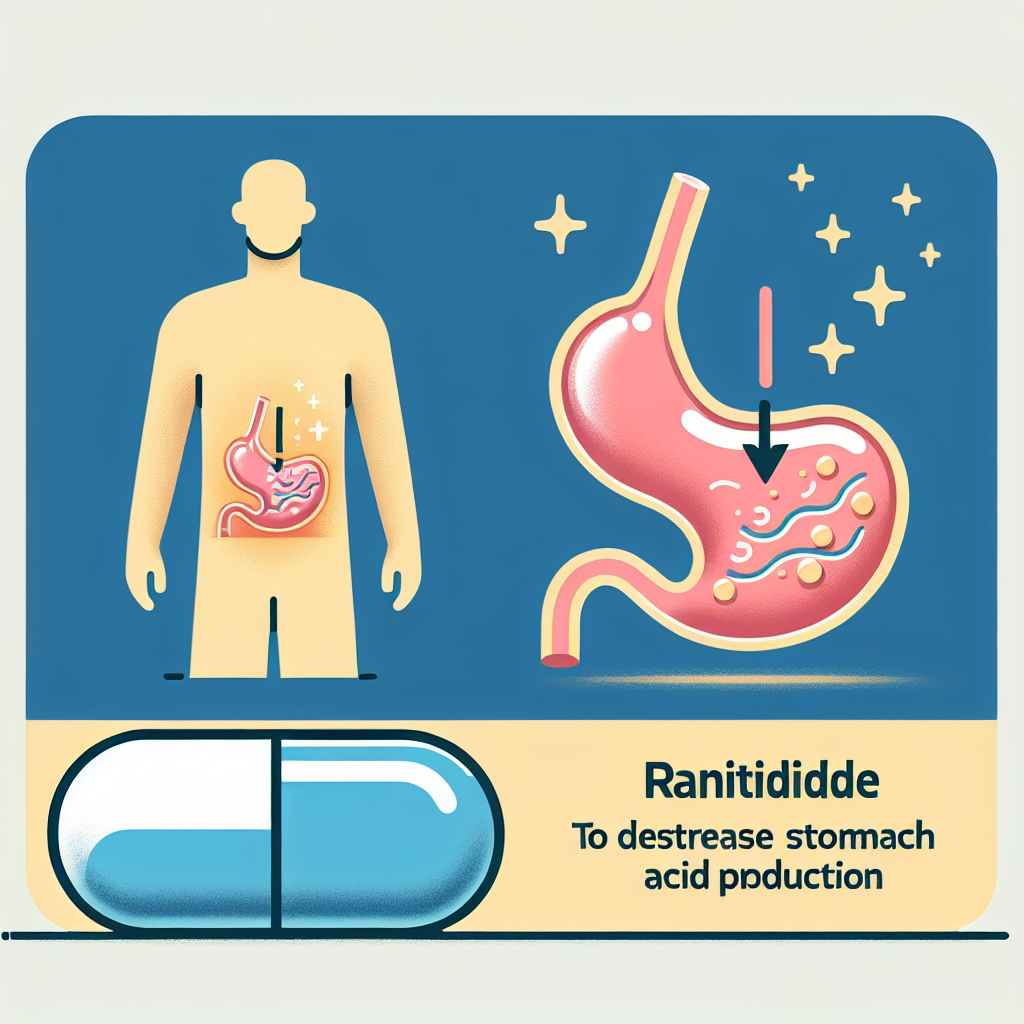Ensuring Safety: The Ranitidine Vigilance Alert
The DCGI has urged state's drug controllers to monitor N-Nitrosodimethylamine levels in Ranitidine, a key antacid, due to cancer risks. The DTAB advocates forming a larger committee and an ICMR-led study. Manufacturers must track NDMA and implement risk-based measures like reducing shelf life.

- Country:
- India
The Drugs Controller General of India (DCGI) has advised state and Union Territory drug controllers to monitor for N-Nitrosodimethylamine (NDMA) in Ranitidine. The directive comes amid concerns about this harmful chemical in the popular antacid, potentially posing cancer risks to patients.
Used to treat stomach issues like acid reflux and ulcers, Ranitidine has been under scrutiny for quite some time. An expert committee's findings were presented to the Drugs Technical Advisory Board (DTAB), which recommends expanding inquiries into various safety aspects, including storage conditions.
The Indian Council of Medical Research (ICMR) is suggested to conduct a thorough study. In response to regulatory advice, manufacturers should actively track NDMA levels in Ranitidine and consider risk-based adjustments such as shortening the drug's shelf life.
(With inputs from agencies.)
- READ MORE ON:
- Ranitidine
- DCGI
- NDMA
- drug safety
- antacid
- carcinogenic
- ICMR
- DTAB
- pharmaceutical
- health









